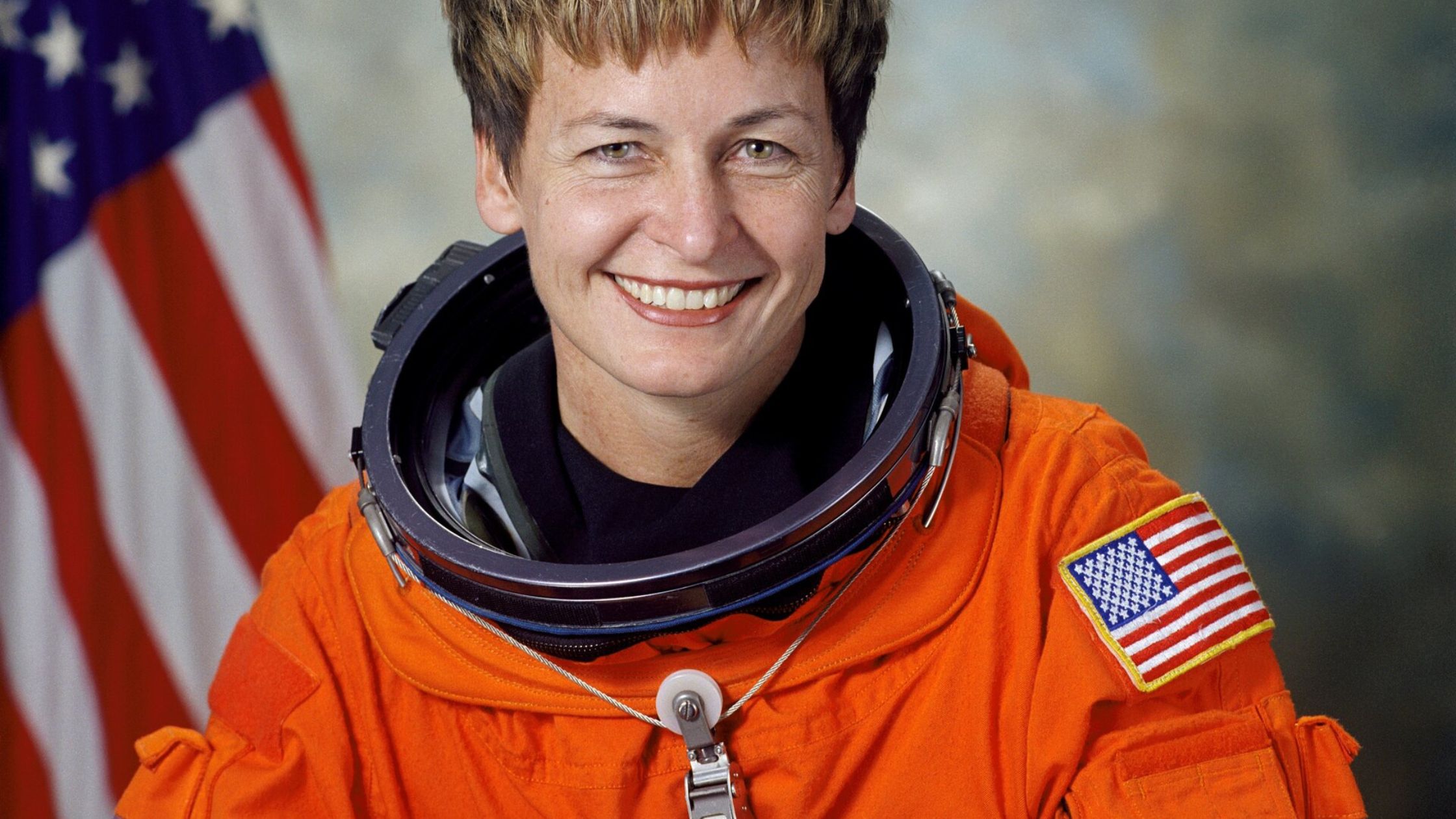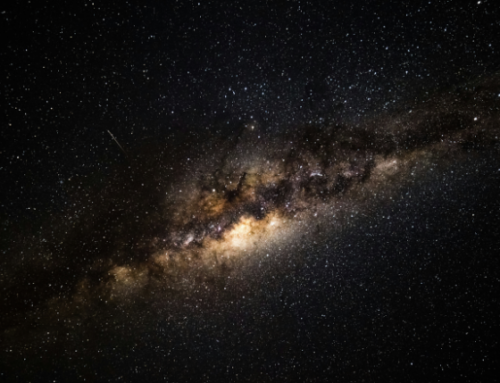Peggy Whitson is a trailblazing figure in modern space history, contributing greatly to the space industry’s expansion and exploratory benchmarks. Whitson’s accomplishments include becoming the first female commander of the International Space Station (ISS), setting the record for most days spent in orbit by an American astronaut (665 days), and achieving the most spacewalks by an American astronaut or female astronaut globally (10 spacewalks totaling 60 hours and 21 minutes).
However, Whitson’s contributions exceed these already historic feats, culminating in a body of work that has helped redefine the space sector for future generations.
Growing up in Beaconsfield, Iowa, Whitson was inspired to become an astronaut while watching the first moon landing on television. This experience eventually led her to pursue biology and chemistry degrees from Iowa Wesleyan College and, later, a doctorate in biochemistry from Rice University.
Whitson joined NASA in 1989, serving as a research biochemist for the Johnson Space Center’s Biomedical Operations and Research branch and a technical monitor of the Biochemistry Research Laboratories in the Biomedical Operations and Research Branch – among other roles.
After completing NASA’s astronaut program in the mid-90s, Whitson gained global recognition when she became the ISS’s first female commander in 2007 during Expedition 16, a role she reprised a decade later on Expedition 51. Her command of the ISS not only highlighted her exceptional skills in managing complex orbital operations and diverse crew dynamics but also signified a breakthrough for women in high-stakes leadership positions within the space sector. Her work on the ISS during these missions involved intricate scientific research and critical station maintenance, showcasing her deep expertise in biochemistry and operational proficiency. Whitson’s time aboard the ISS provided crucial data on long-duration spaceflight, directly informing the planning of future missions to Mars and beyond.
Accumulating 665 days in space across her missions, Whitson holds the record for the most days spent in space by an American astronaut and female astronaut worldwide – a testament to her resilience and the scientific significance of her work on the effects of extended stays in microgravity. Her extensive time in orbit offered new insights into human endurance, informing ongoing research on spaceflight’s impact on the human body; this was a critical component in the evolving narrative of deep space exploration. Her legacy further cemented itself through her 10 spacewalks, where she amassed over 60 hours of extravehicular activity – the most for any woman. These spacewalks ensured the functionality and upgrades of the ISS and underscored Whitson’s mastery of the high-risk tasks essential for successful long-term missions.
Beyond her historic achievements in space, Whitson has significantly impacted Earth’s scientific and aerospace communities. As a biochemist, she contributed to groundbreaking research in cell biology and space medicine, enhancing our understanding of how human physiology adapts to extreme environments. After her tenure at NASA, Whitson transitioned into a leadership role at Axiom Space, where she continues to shape the future of commercial spaceflight and space station operations. Her work in promoting science, technology, engineering, and mathematics (STEM) education has inspired countless students – particularly young women – to pursue careers in these fields.
Through her invaluable work in the space industry and beyond, Peggy Whitson has opened new doors of possibility for space research, exploration, and educational advancement. Whitson is a shining example of success in a once burgeoning and now multifaceted astronaut community, making her one of the field’s most influential role models.
Photo credit: European Space Agency






